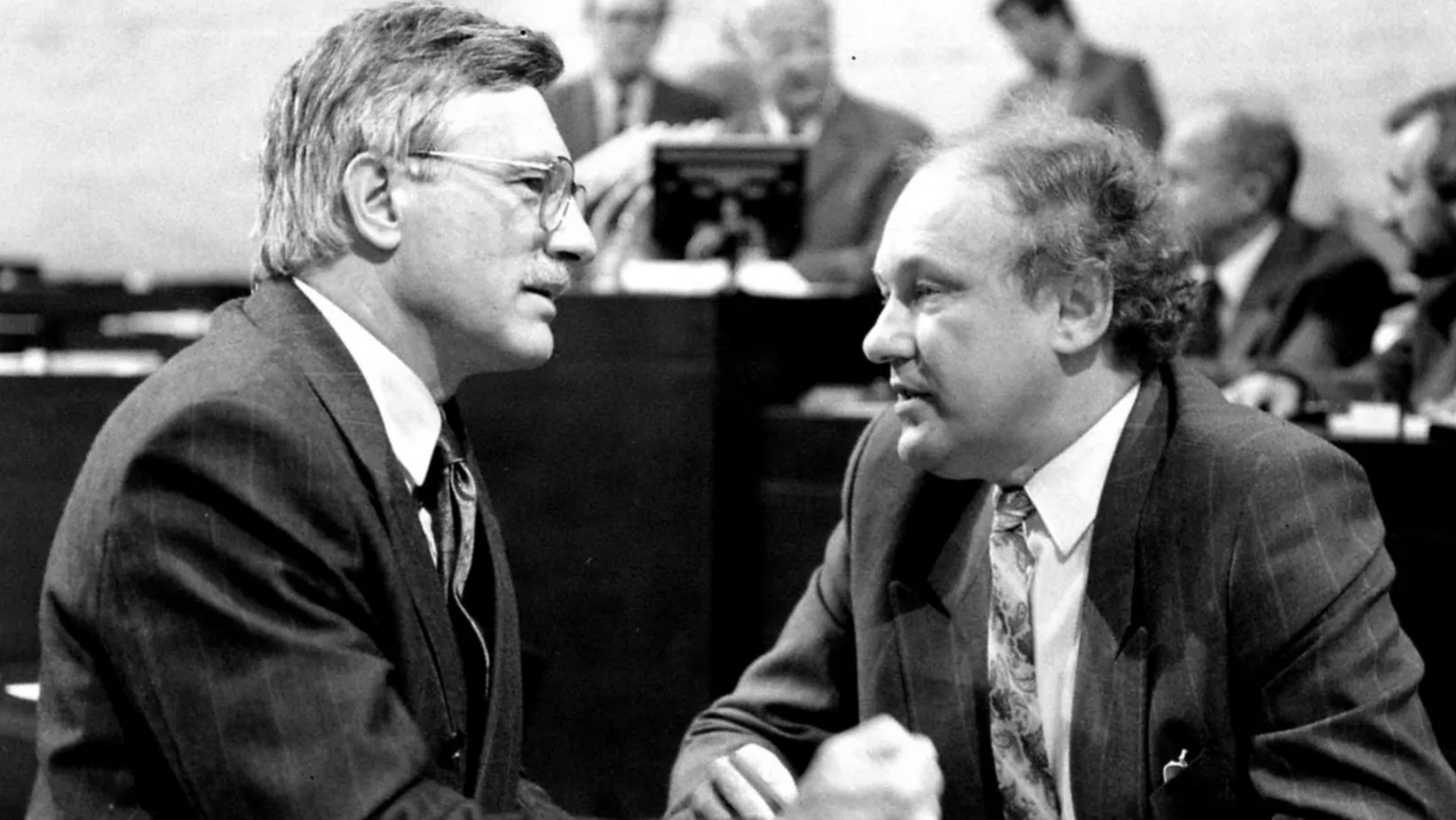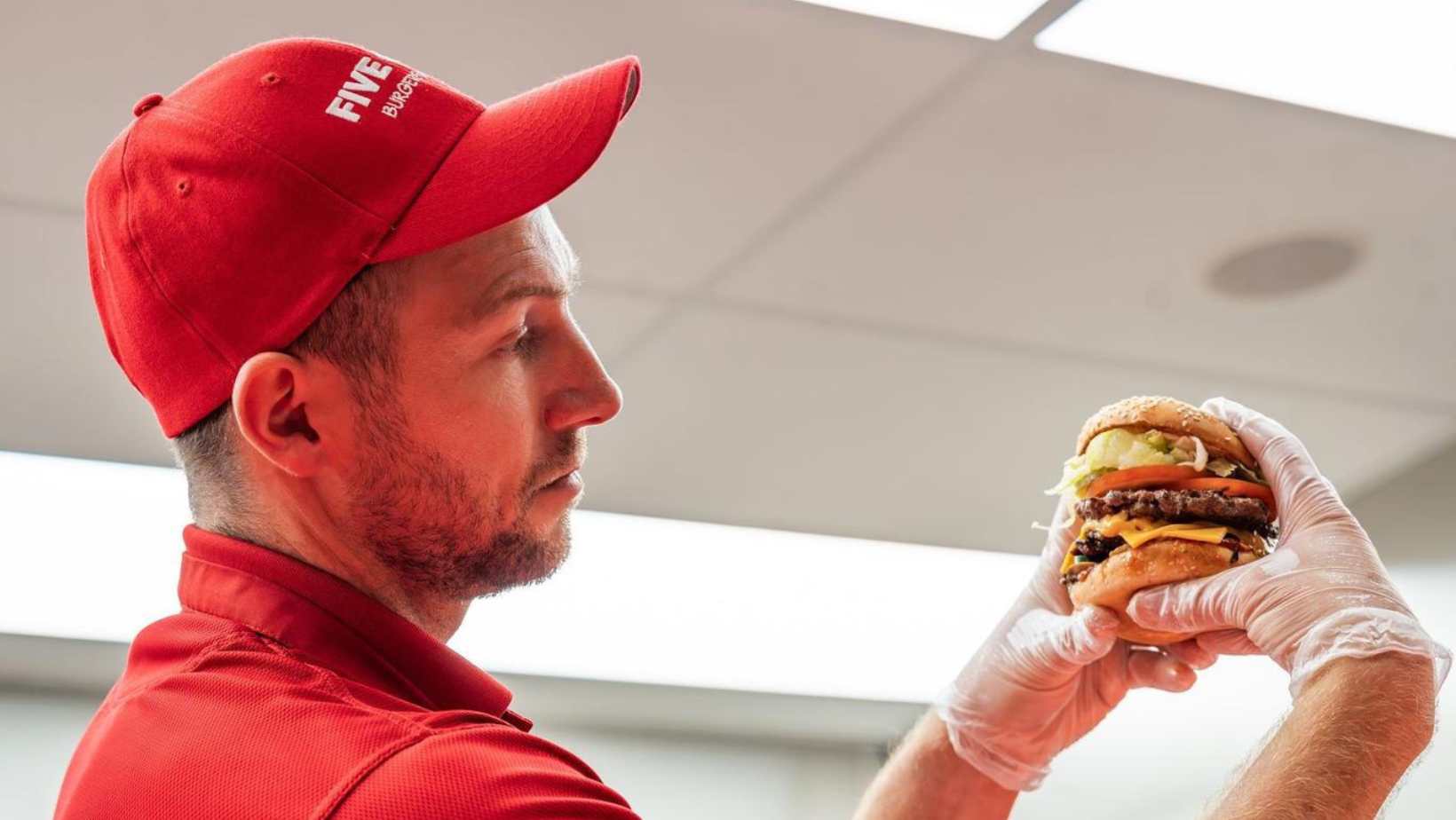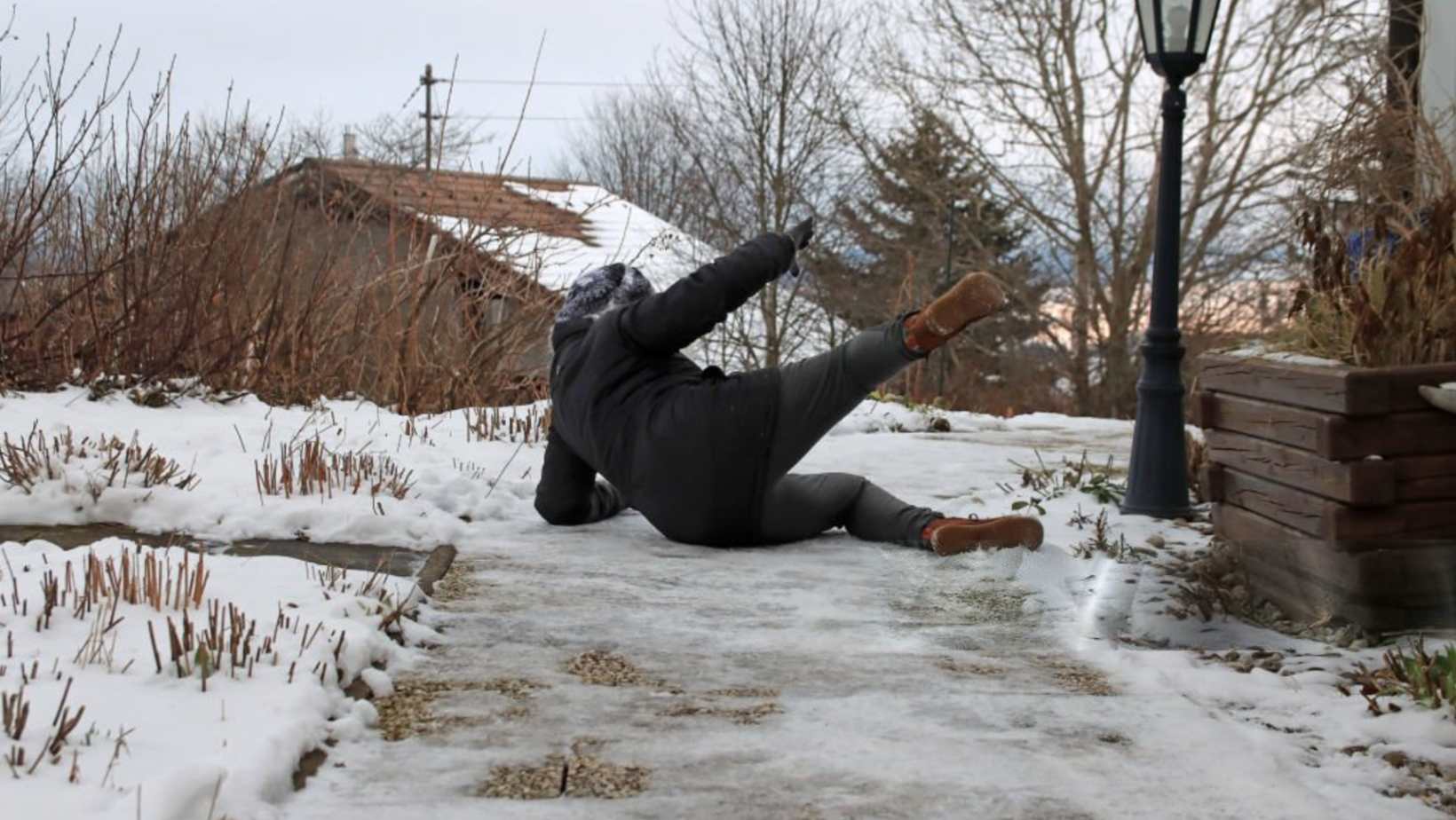Under the government of Prime Minister and current president Milos Zeman, Falkon Capital bought about two-thirds of the debt from the state without a tender for about $ 750 million, according to some experts.
In August 2013, the government of Prime Minister Jiří Rusnok approved an agreement with Russia to repay the remaining debt. According to Rusnok’s statement at the time, the Czech Republic should have received approximately 80 percent of the rest of the debt, ie at least $ 6.5 million.
Before Christmas 2013, the Russian Ministry of Finance announced that the debt to the Czech Republic had been repaid by supplies of industrial production and partly by money.
Václav Klaus
Klaus studied Economics of Foreign Trade at the University of Economics in Prague, graduating in 1963. He also spent some time at universities in Italy (1966) and at Cornell University in the United States in 1969.
He then pursued a postgraduate academic career at the State Institute of Economics of the Czechoslovak Academy of Sciences, which, according to his autobiography, he was forced to leave in 1970.
Soon after that, he was employed by the Czechoslovak State Bank, where he held various staff positions from 1971 to 1986, as well as working abroad in various Soviet-aligned countries, usually considered a privilege at the time. In 1987, Klaus joined the Institute for Prognostics of the Czechoslovak Academy of Sciences.
Klaus entered Czechoslovak politics during the Velvet Revolution in 1989, during the second week of the political uprising when he offered his services as an economic advisor to the Civic Forum, whose aim was to unify the anti-government movements in Czechoslovakia and overthrow the Communist regime. Klaus became Czechoslovakia’s Minister of Finance in the “government of national unity” on 10 December 1989.
In October 1990, Klaus was elected chairman of the Civic Forum. Two months later, he led supporters of a free-market economy into the break-away Civic Democratic Party (Czech: Občanská demokratická strana or ODS).
Following a period of strong economic growth, Klaus led ODS to the largest vote share (29.73%) in Czech legislative elections on 5–6 June 1992. ODS emerged as by far the largest party, with 76 seats, and Klaus thus became the first democratically elected Prime Minister of the Czech Republic.












